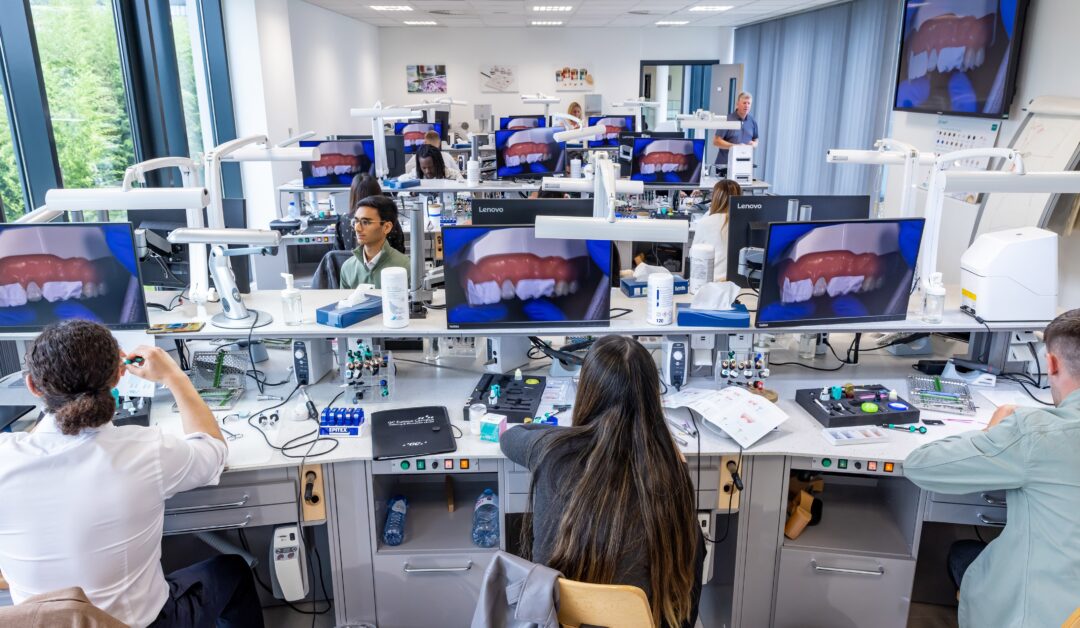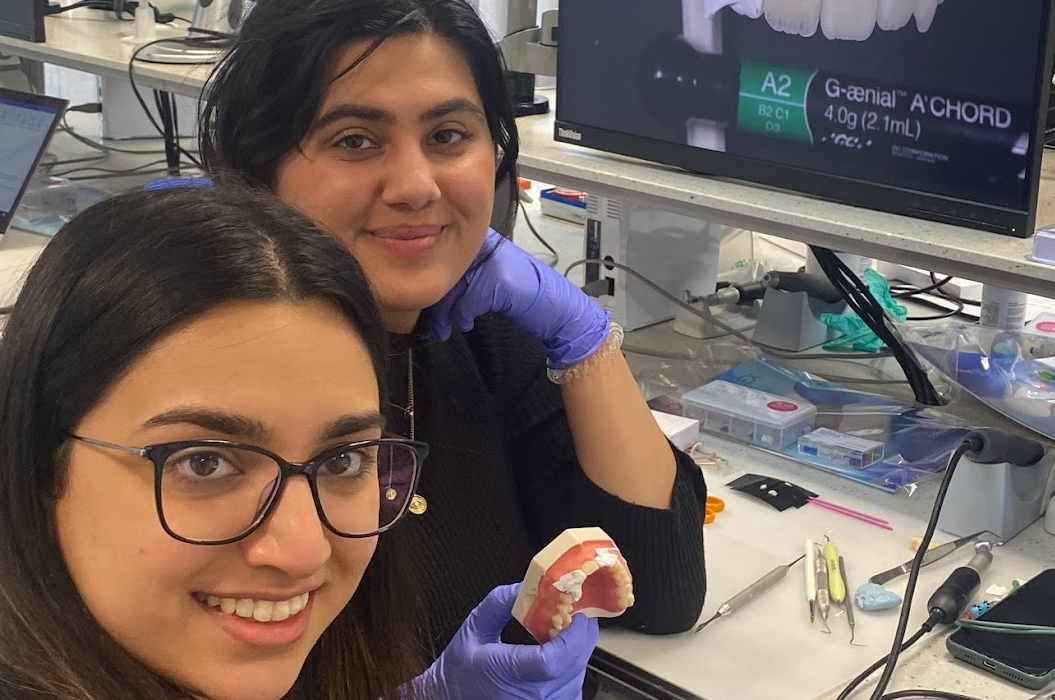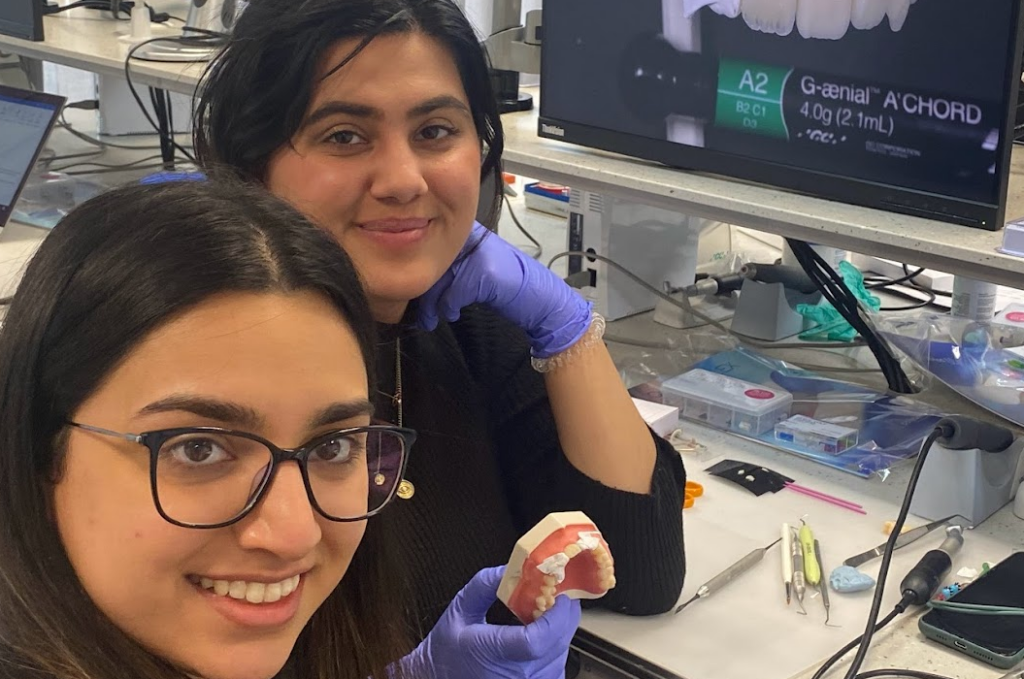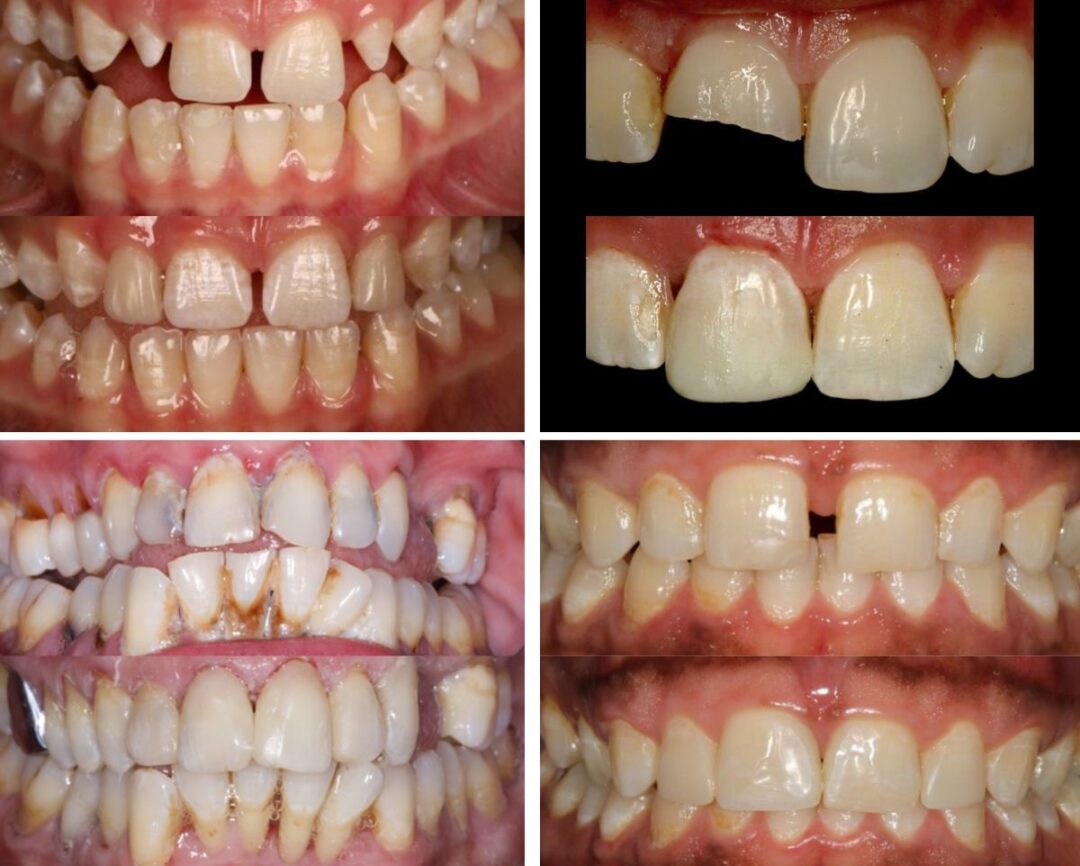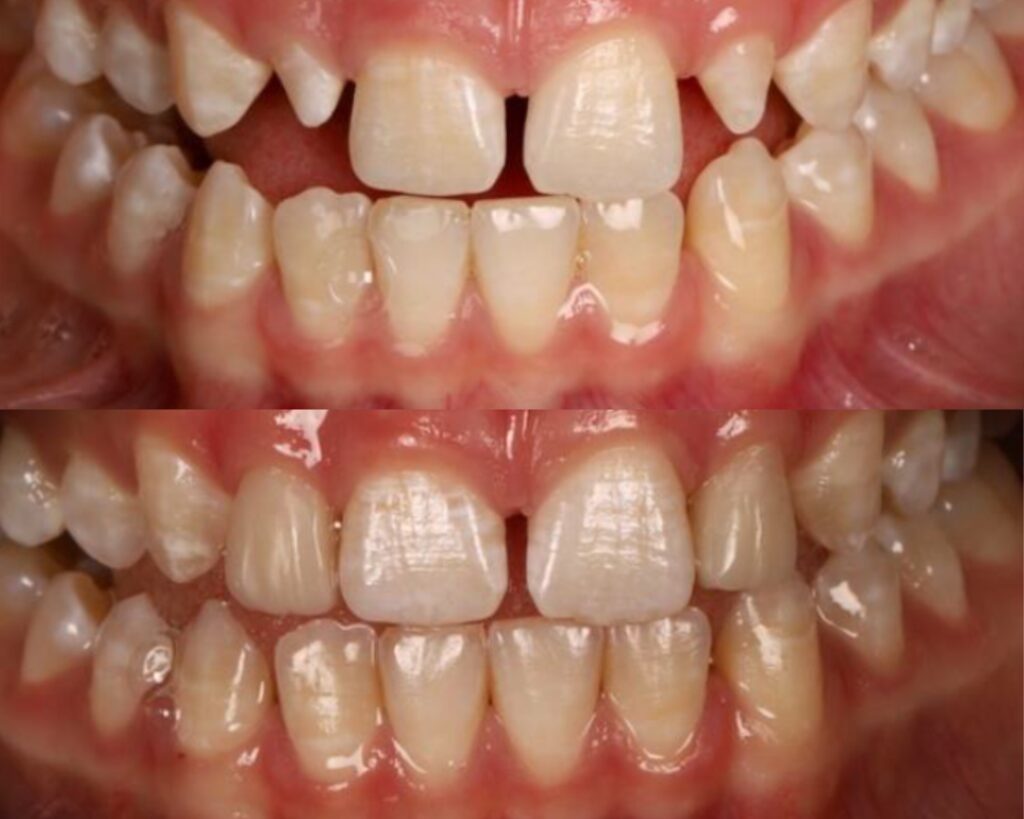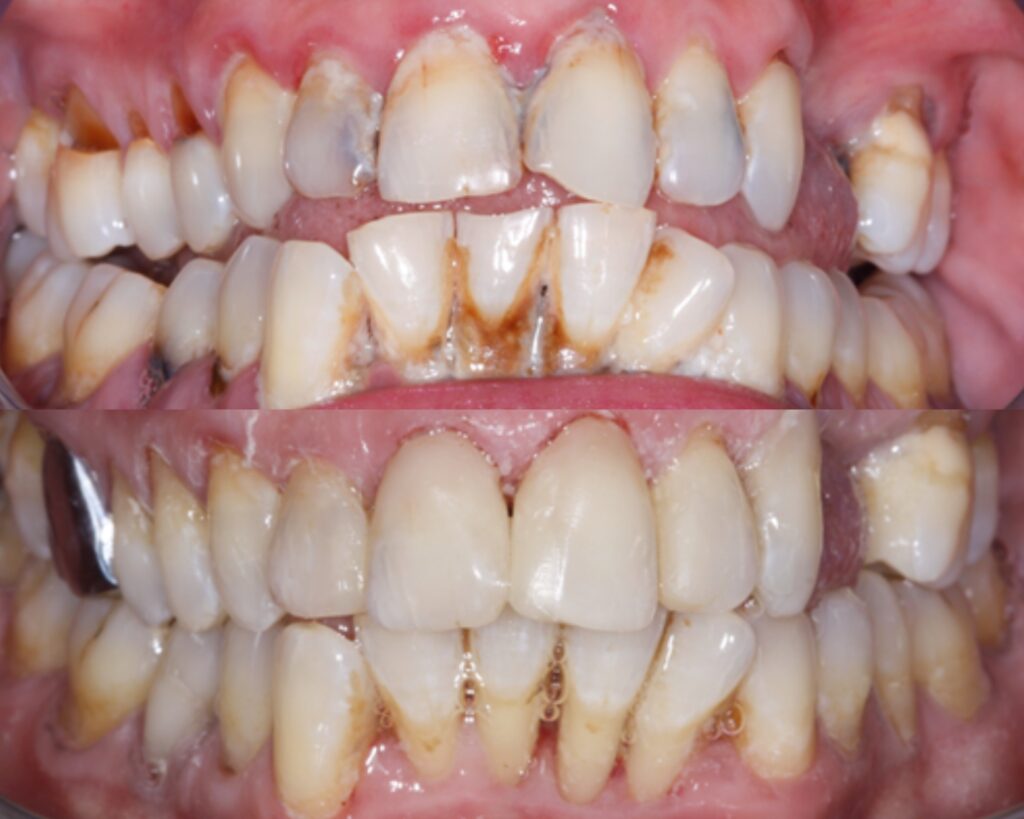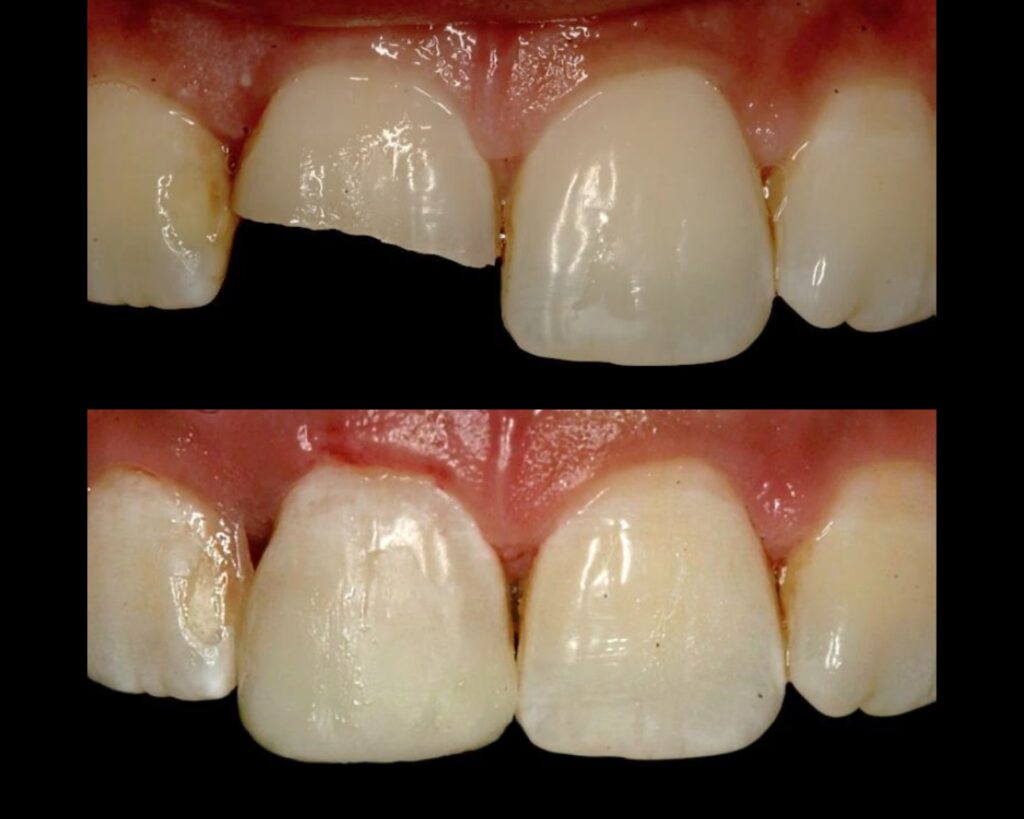
The CGDent and GC Award for Foundation Trainees, which promotes clinical skills and patient care, is now open for entries to the 2024/25 competition.
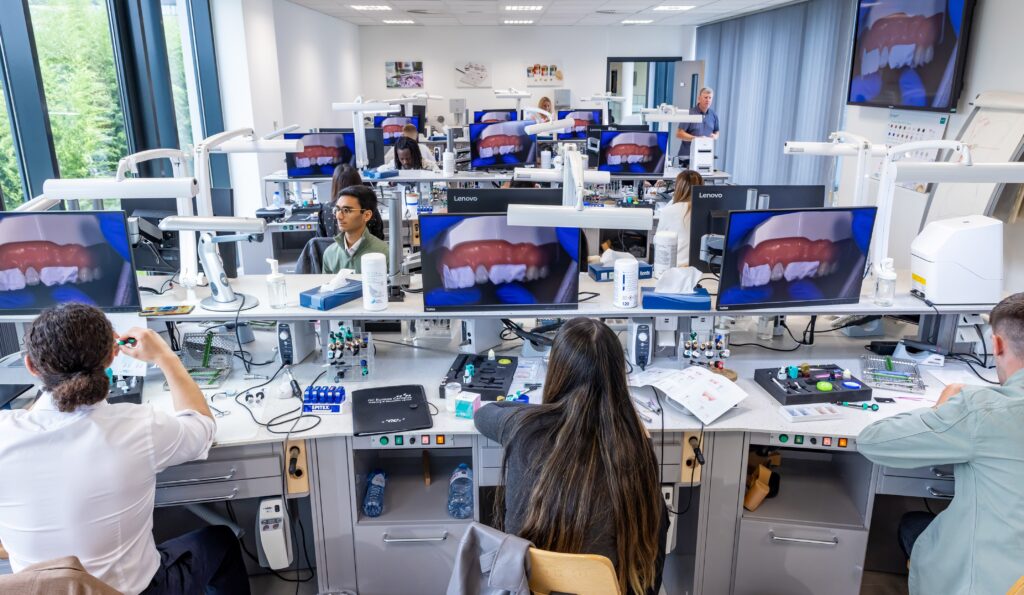
Following a successful inaugural year, and an expansion to the award’s eligibility criteria, dentists and dental therapists who qualified in the UK or Ireland in 2024 and are practising in the UK or Ireland, or who are undertaking Dental Foundation Training or Dental Vocational Training in 2024/25, are invited to enter. Entrants must submit a restorative case they are about to start treating which involves more than one tooth, and includes at least one anterior tooth, as well as the use of composite to restore teeth.
The number of winning places has also been increased to 18, with each successful candidate receiving a fully-funded place on a hands-on, two-day composite layering course at the GC Education Campus in Leuven, Belgium. The prize is worth around £1,400 per place and includes the costs of international travel, hotel accommodation and subsistence.
The successful candidates in the inaugural competition took part in the bespoke composite layering course in July 2024. One delegate said the course “offered an excellent balance between theoretical and hands-on components of learning” and provided “support to each delegate.” Another commented that they gained “time management, enriched patient communication skills and overall restorative skills.”
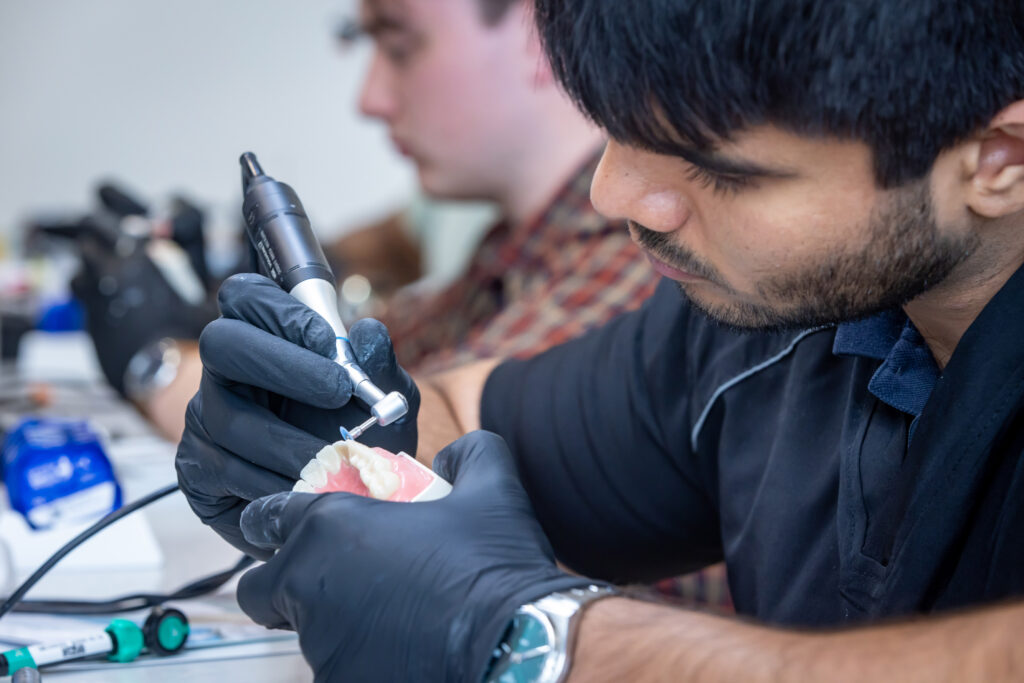
The 2024/25 award is now open, the closing date for entry is Friday 14 February 2025, and final cases must be submitted by Friday 11 April 2025. The winners will be announced in May, and their course will take place on Thursday–Friday 10–11 July 2025.
The CGDent-GC Award is funded by The Tom Bereznicki Charitable Educational Foundation and organised in conjunction with the College of General Dentistry and GC. The Foundation supports educational opportunities for early career dentists in the UK, and was founded by Dr Tom Bereznicki FCGDent, a general dental practitioner with a special interest in restorative dentistry.
GC is an oral health company which manufactures dental systems and products which are sold around the world, and has won awards for its products and innovations. It provides both online and in-person training covering many areas of dental practice.
Speaking about the award, Dr Tom Bereznicki FCGDent commented:
“The Trustees of the Foundation were delighted with the number and high standard of entries for the inaugural award. The winners thoroughly enjoyed the GC course in Belgium and felt that their knowledge and handling of composite materials and restorations was significantly improved over the two days. One of the requirements of the competition was a reflection on the outcome of the case and feedback from those who did not go through as winners suggests they had learnt a lot during the process, which would positively impact treatment they provide in the future. Based on this unqualified success, the competition will go ahead this year and will also be open to Dental Therapists.”
Professor Sir Nairn Wilson CBE FCGDent said:
“As Founding President Emeritus of the College of General Dentistry (CGDent), Patron of the Tom Berezniki Charitable Educational Foundation and a career-long collaborator with GC, I am delighted to encourage all those eligible, to consider entering the 2024–2025 CGDent-GC Award. Based on the outcome and feedback from the inaugural award, the winners of this year’s competition will be able to look forward to a highly rewarding educational experience at the fantastic GC Campus in Leuven, Belgium.”
John Maloney, GC’s Director and Country Manager for the UK, Ireland and South Africa, said:
“GC are proud to continue our collaboration with The Tom Bereznicki Charitable Educational Foundation and the College of General Dentistry, to deliver high quality education to dental professionals at the very start of their career. Our team in Belgium were delighted to host the first cohort of award winners, and we look forward to meeting the successful 2024/25 candidates in July next year.”
Click the button below for further information about the award and links to guidance for entrants and the entry form.

